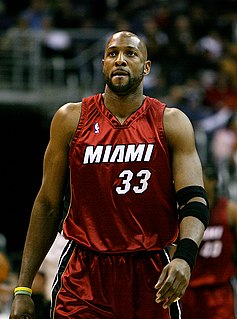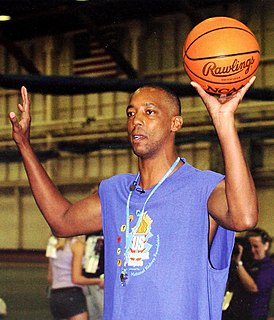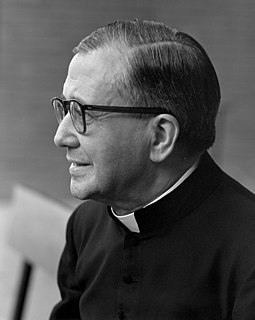A Quote by Gilbert K. Chesterton
Evil comes at leisure like the disease. Good comes in a hurry like the doctor.
Related Quotes
Many Christians take their time and have leisure enough in their social life (no hurry here). They are leisurely, too, in their professionally activities, at table and recreation (no hurry here either). But isn't it strange how those same Christians find themselves in such a rush and want to hurry the priest, in their anxiety to shorten the time devoted to the most holy sacrifice of the altar?
Not evil. Moronic, which isn't quite the same thing. Evil presupposes a moral decision, intention, and some forethought. A moron or a lout, however, doesn't stop to think or reason. He acts on instinct, like a stable animal, convinced he's doing good, that he's always right, and sanctimoniously proud to go around f***ing up ... anyone he perceives to be different from himself, be it because of skin color, creed, language, nationality, or ... leisure habits. What the world needs is more thoroughly evil people and fewer borderline pigheads.
A doctor, like anyone else who has to deal with human beings, each of them unique, cannot be a scientist; he is either, like the surgeon, a craftsman, or, like the physician and the psychologist, an artist. This means that in order to be a good doctor a man must also have a good character, that is to say, whatever weaknesses and foibles he may have, he must love his fellow human beings in the concrete and desire their good before his own.
When one has once accepted and absorbed Evil, it no longer demands the unfitness of the means. The ulterior motives with which youabsorb and assimilate Evil are not your own but those of Evil.... Evil is whatever distracts. Evil knows of the Good, but Good does not know of Evil. Knowledge of oneself is something only Evil has. One means that Evil has is the dialogue.... One cannot pay Evil in installments--and one always keeps on trying to.
Action is the music of our life. Like music, it starts from a pause of leisure, a silence of activity which our initiative attacks; then it develops according to its inner logic, passes its climax, seeks its cadence, ends, and restores silence, leisure again. Action and leisure are thus interdependent; echoing and recalling each other, so that action enlivens leisure with its memories and anticipations, and leisure expands and raises action beyond its mere immediate self and gives it a permanent meaning.





































